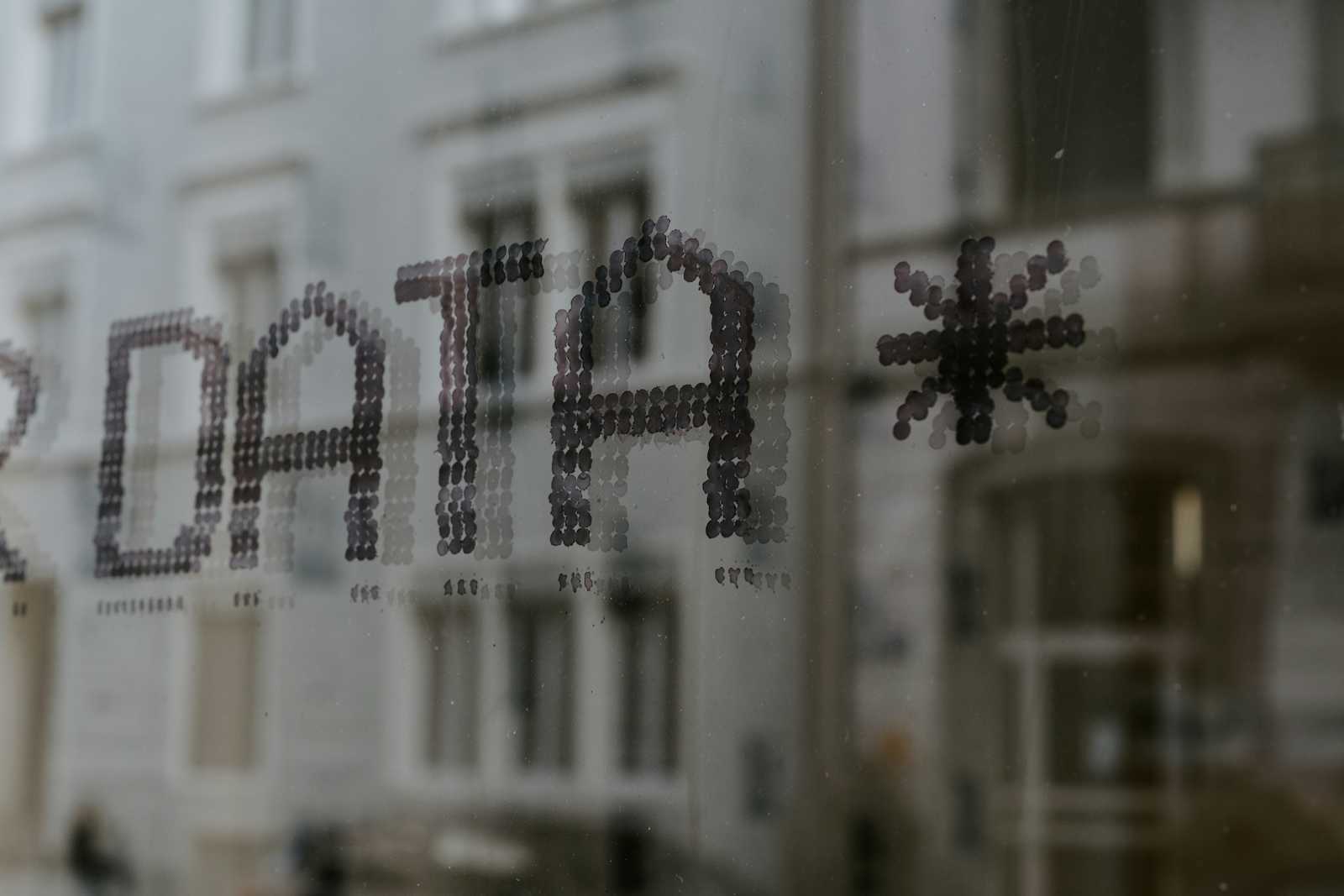When Data Speaks
 Oluwaseyifunmi Taiwo
Oluwaseyifunmi Taiwo
I used to see data as just a supporting element in certain industries—important, but not truly transformative. I was aware of personal data, patient data in healthcare, and numbers in finance, but I didn’t see data as a force capable of shifting outcomes in major global challenges. That changed a few weeks ago.
Imagine a village cut off by floods—roads submerged, communication lines severed, and resources dwindling. In such moments, a map becomes more than a tool; it becomes a lifeline. This realization hit me when I began contributing to the Humanitarian OpenStreetMap Team (HOT), where I witnessed how data can save lives and improve resilience, especially during crises.
This transformative journey started with my participation in Outreachy an organization that connects individuals to internships in open-source and open-science projects. As the world increasingly embraces remote work, collaboration has become not just a tool but a lifeline—a way for diverse individuals to unite and solve problems. Outreachy embodies this spirit, fostering opportunities for individuals to contribute meaningfully to impactful projects from anywhere in the world.
When I applied to Outreachy, I was thrilled to be selected. This opportunity came with a unique challenge: the contribution phase. All selected participants must complete specific tasks for their chosen project during this stage to demonstrate their commitment and capabilities. For me, this phase became a turning point—it was when I discovered the immense potential of data.
Contributing to the Humanitarian OpenStreetMap Team (HOT) through Outreachy was eye-opening. I began to see how data, which often feels abstract and removed from tangible realities, could directly support humanitarian efforts. This wasn’t just data on spreadsheets or in code; this was life-changing information shaping disaster response, resource allocation, and relief efforts. Each map edit and data entry carried real-world significance, contributing to a larger network of support for communities in crisis.
As I began contributing to the Humanitarian OpenStreetMap Team (HOT), realising how transformative data can be, became clear to me. I found myself imagining how my local environment could be mapped in preparation for a potential crisis. What would responders need to know? Which landmarks or resources might responders need to prioritize? What routes or resources might be crucial? This mental exercise underscored how critical mapping is—not just for visualizing spaces, but for providing actionable insights during emergencies.
HOT’s mission relies on data as the cornerstone of its humanitarian efforts. Every map created or updated can save lives by guiding responders to where they’re needed most. For example, HOT uses advanced tools like drones and open-source software to capture high-resolution imagery of disaster-prone areas. This imagery is then processed into detailed maps that responders can use to assess risks, identify shelters, and plan relief distribution. Local knowledge adds depth to this data, ensuring it reflects on-the-ground realities.
Actively contributing to the HOT project reshaped the way I view data. What once seemed abstract now felt tangible, powerful, and deeply interconnected with real-world challenges. Each contribution I made taught me something new, whether it was improving my data visualization skills or gaining a deeper appreciation for the role of geospatial tools.
But perhaps the most enriching part of the experience was collaboration. Working with people from diverse backgrounds and perspectives in the HOT community was truly eye-opening. I asked questions freely and was amazed by the depth and thoughtfulness of the answers I received. Each interaction offered me a glimpse into how others approached problems, thought critically, and solved challenges. It wasn’t just about finding solutions—it was about understanding different ways of thinking and building meaningful relationships along the way
This experience with HOT has left me with a profound appreciation for the transformative potential of data. It’s not just numbers or coordinates; it’s a force for change, capable of empowering communities, guiding disaster response, and fostering collaboration across the globe.
If there’s one lesson I hope to share, it’s that anyone can contribute to this effort. Whether it’s through mapping, analysis, or advocacy, each action adds up to create a significant impact.
I encourage everyone to see data not just as a technical resource, but as a humanitarian tool—a way to connect with global challenges and make a difference. You don’t need to be an expert to start. Initiatives like HOT and programs like Outreachy provide opportunities for anyone to make a difference.
Let’s turn data into action, one map, one insight, and one collaboration at a time
Subscribe to my newsletter
Read articles from Oluwaseyifunmi Taiwo directly inside your inbox. Subscribe to the newsletter, and don't miss out.
Written by
